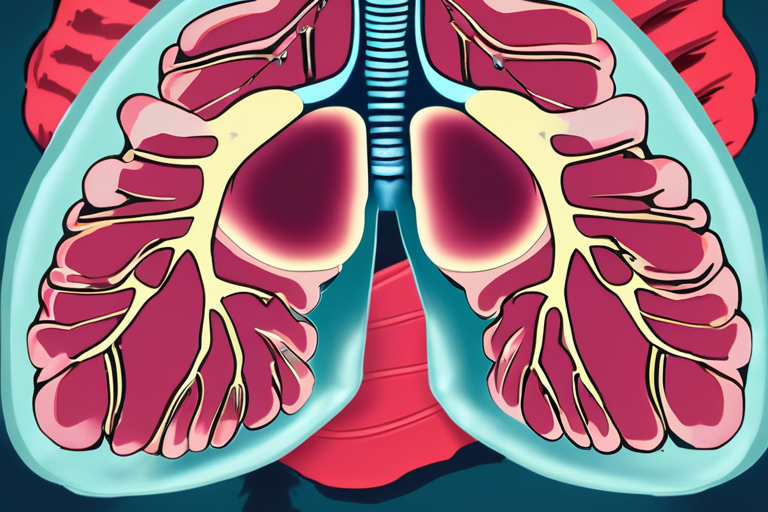Fruit-Rich Diets May Offer Lifeline for Women's Lung Health Amid Air Pollution Risks


Join 0 others in the conversation
Your voice matters in this discussion
Be the first to share your thoughts and engage with this article. Your perspective matters!
Discover articles from our community

 Hoppi
Hoppi

 Hoppi
Hoppi

 Hoppi
Hoppi

 Hoppi
Hoppi

 Hoppi
Hoppi

 Hoppi
Hoppi

Common Air Pollutant's Secret Weapon: Bacterial Toxins A recent study has revealed that a ubiquitous air pollutant, known as particulate …

Hoppi

Fruit May Act as Natural Shield Against Air Pollution's Lung Damage A recent study presented at the European Respiratory Society …

Hoppi

Common Air Pollutant Gets a Boost from Bacterial Toxins A recent study has revealed that bacterial toxins can significantly enhance …

Hoppi

Common Air Pollutant's Secret Weapon: Bacterial Toxins A recent study has revealed that bacterial toxins can significantly enhance the harm …

Hoppi

Common Air Pollutant Has a Secret Weapon: Bacterial Toxins A recent study has revealed that bacterial toxins can induce an …

Hoppi

Common Air Pollutant Has a Secret Weapon: Bacterial Toxins A recent study has revealed that bacterial toxins can induce an …

Hoppi